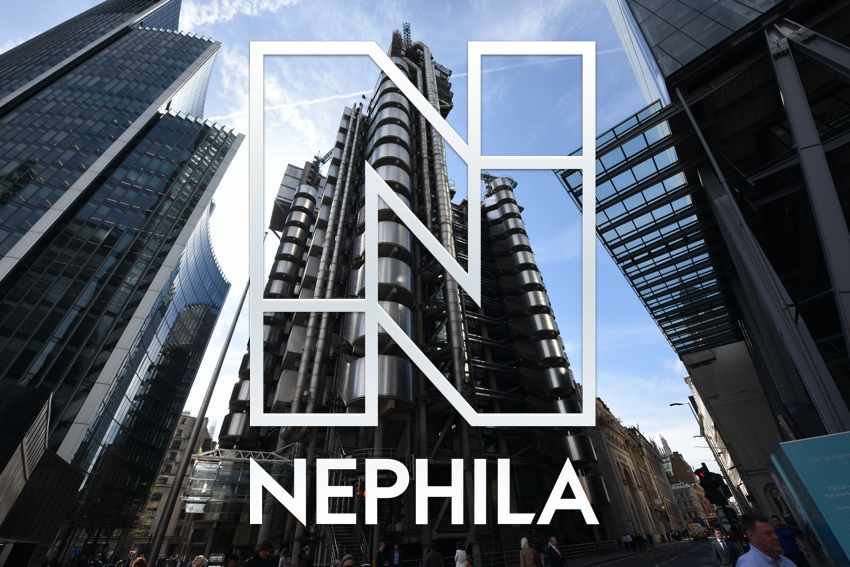Nephila syndicate 2357 leads capacity on carbon credit insurance product

Insurance-linked investment manager Nephila Capital has lead the re/insurance capacity on an innovative voluntary carbon credit market insurance product that provides cover for third-party negligence and fraud.
The product launch, announced yesterday, saw Nephila’s flagship Lloyd’s of London Syndicate 2357 as lead capacity provide to back the initiative, while broker Howden, advised by climate risk finance specialist Parhelion, and carbon finance business Respira International, collaborate to bring a new solution to an area of the carbon market in need of capacity.
The risk transfer solution was developed in partnership with Respira and Nephila by Howden, advised by climate risk Parhelion and it was incubated through the product innovation work stream on the Insurance Task Force of the Sustainable Markets Initiative, which is an initiative led by His Royal Highness The Prince of Wales.
The Voluntary Carbon Market (VCM) is seen as having a vital role to play in the transition to a low-carbon future, with estimates suggesting the market for carbon credits could be worth between $20bn and $50bn by 2030.
But, the Voluntary Carbon Market is seen as complex, especially for new buyers, and is thought not to deliver consistently for carbon reduction and removals projects on the ground.
To support future growth, improved credibility and transparency is needed, as well as an ability to differentiate independently-verified, high-quality credits from unverified credits, to assist buyers in engaging in the market with confidence.
This new insurance product is seen as providing an important layer of security and is “wrapped around books of independently-verified, high-quality carbon credits, provides cover for third-party negligence and fraud,” the involved parties said.
It’s a first of its kind solution, transferring risk to encourage investor appetite in that marketplace and Howden said it is the first in a suite of products that the broker believes can “grow the market to the scale needed to support global net zero targets.”
Charlie Langdale, Head of Climate Risk and Resilience at Howden, explained, “For the voluntary carbon market to grow to $50bn by 2030, buyers need to be able to trust that the carbon credits they are buying are removing the promised volume of carbon from the atmosphere.
“The added layer of security provided by this product, combined with independent verification from established, reputable bodies will help buyers to purchase with confidence and should drive more buyers towards high-quality projects like those in Respira’s portfolio.”
Ana Haurie, Co-founder and CEO of Respira, added, “The voluntary carbon market is an essential piece of the puzzle if we are to reach net zero. Respira is committed to improving integrity and transparency in the market and this product will appeal to the many corporates and financial services companies who wish to engage in buying high-quality carbon credits as part of their own pathways to net zero and carbon projects keen to provide buyers with the highest assurance. This will enable much needed capital to be channelled into high-quality carbon projects on the ground.”
David Howden, CEO of Howden Group also commented that, “This is a perfect example of the insurance market doing what it absolutely must do to drive climate resilience; bringing the client, insurer and broker all to the table to create brand new products that help to accelerate and de-risk the move to a more sustainable future.”
Nephila’s Syndicate 2357 was the lead market at Lloyd’s in providing reinsurance risk capital to support the initiative.
Maria Rapin, CEO of Nephila Climate stated, “From first meeting the Howden and Respira teams at COP26, it’s been a really enjoyable, collaborative process getting this ground-breaking product live.
“We are proud to support the growth of a market that is so important for climate resilience.”
This is another good example of Nephila’s appetite to source climate linked risk exposure for its third-party investors and funds, utilising its Lloyd’s infrastructure to provide risk capital in insurance and reinsurance form.






